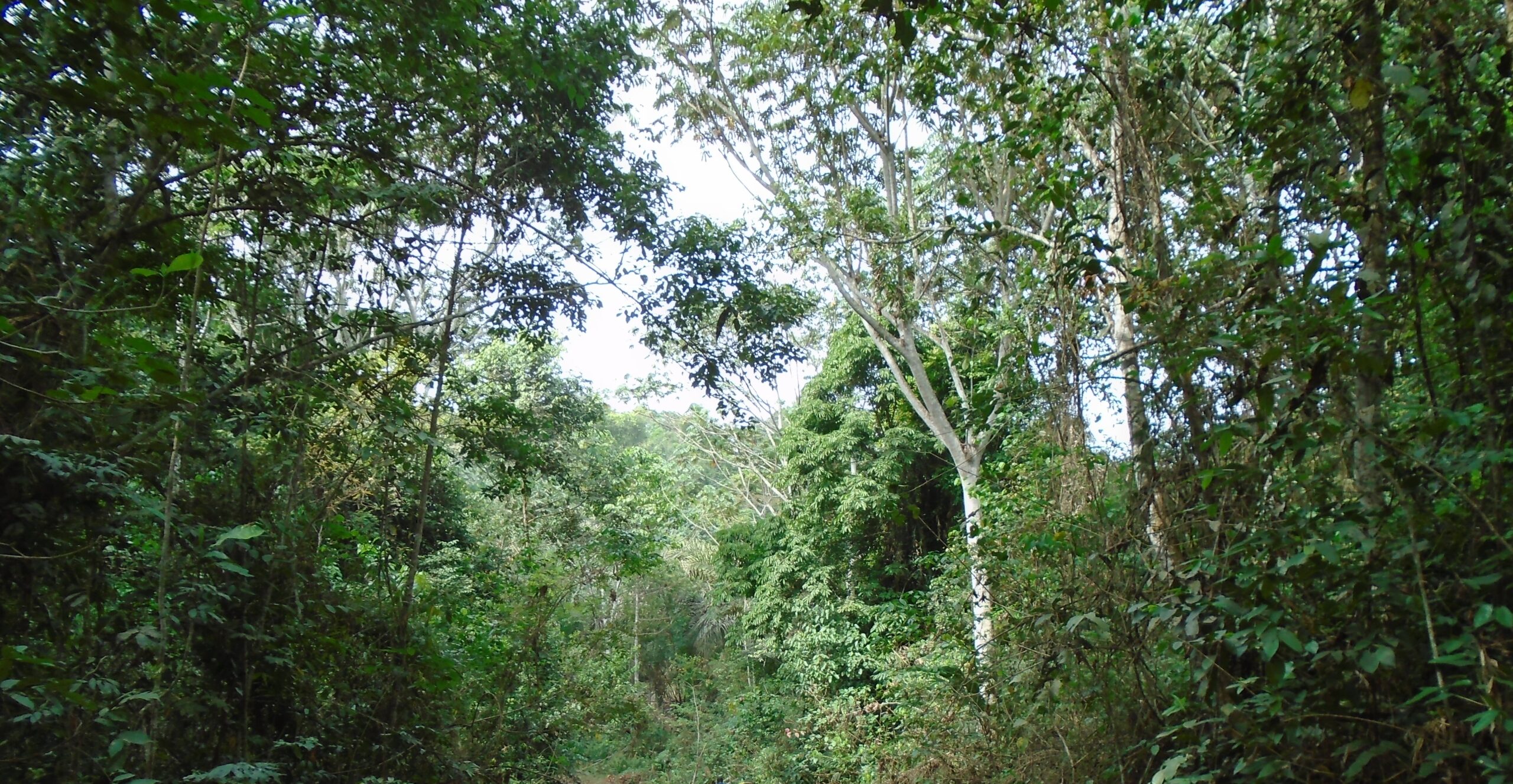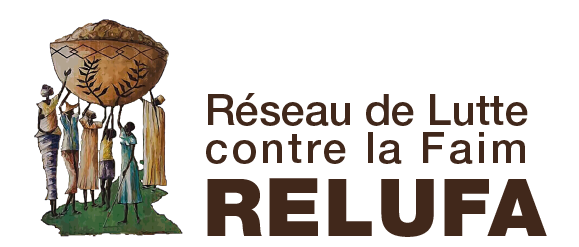
Cameroon has adopted a vision whose objective is to become “an emerging country … by 2035”, and a Strategy Paper for Growth and Employment (Poverty Reduction Strategy Paper) which aims to reduce poverty through growth and employment. To achieve this goal, the government is working to renew the production system and increase foreign direct investment in growth sectors, particularly in the agricultural sector. Specifically, it has launched the allocation of land concessions to foreign investors for agro-industrial exploitation.
Despite the lack of general information and clarity on the conditions of allocation, research shows that in 2013, between 1.6 and 2 million hectares were solicited for the establishment of agro-industrial farms (compilation FES, CED , ACDIC2012). These concessions are negotiated and awarded without any competition procedure, much less the participation of key stakeholders, local communities, or CSOs. The various stakeholders – in this case the local populations – continue to face enormous difficulties in obtaining key information on the agro-industrial exploitation operations taking place in their localities. This poses transparency problems that undermine the effective and informed participation of the various stakeholders in the decision-making process. This lack of information is due to the absence of substantial consultation of third parties (riparian communities and CSOs), the fact that concession contracts are not published, and lack of accessibility to contract clauses. Concessions are made without transparent contracts for local employment, land royalties and benefit-sharing.
Given the current context of heavy pressure on land, there is talk of taking action in this program to promote inclusive, responsible, equitable and efficient governance of land resources in Cameroon.
The program also seeks to promote equitable and secure access to land and the exploitation of land resources that are transparent, rational and respectful of the rights and interests of local and indigenous communities through research, capacity development, experience sharing, dialogue and advocacy.
http://www.relufa.org/en/wp-content/uploads/2017/10/RELUFA_ProjectStrengthenTransparency_anglais.pdf
